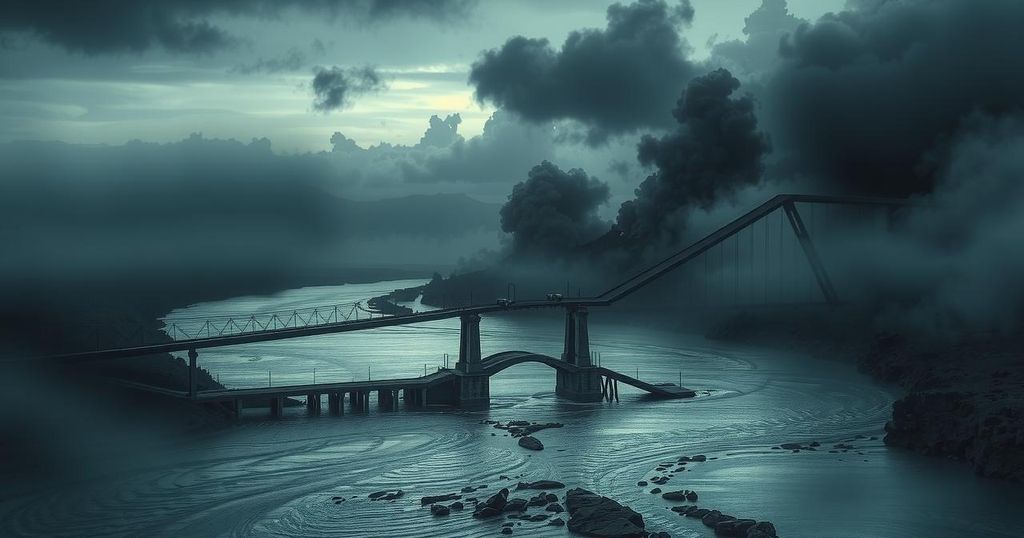The Democratic Republic of Congo reports over 7,000 fatalities due to M23 rebel actions, prompting international scrutiny of Rwanda’s involvement. The EU is reviewing its agreement with Rwanda in light of accusations of resource exploitation. The conflict poses a significant risk to regional stability, with M23 claiming to protect ethnic groups while potentially pursuing political motives.
In a troubling escalation of violence, over 7,000 individuals have lost their lives this year due to the actions of the Rwanda-backed M23 rebels, according to Judith Suminwa, Prime Minister of the Democratic Republic of Congo. During a press conference held at the United Nations Human Rights Council, Suminwa described the deteriorating security and humanitarian conditions in eastern Congo as “alarming.” The M23 rebels have seized significant territories, marking a critical destabilization in a region rich in minerals.
The conflict has intensified recently, with key cities such as Goma and Bukavu falling into rebel hands. The M23 group, recognized as a prominent armed faction, is vying for control in eastern Congo, which possesses vast mineral resources vital to global technology. In light of these developments, the European Union has announced a reassessment of its agreements with Rwanda regarding critical raw materials, responding to accusations that Rwanda is exploiting Congolese resources.
Kaja Kallas, the EU’s top diplomat, emphasized the non-negotiable nature of Congo’s territorial integrity. As part of the EU’s response, defense consultations with Rwanda have been suspended amid the ongoing conflict. The memorandum of understanding signed last year to foster sustainable raw material supply chains will also undergo scrutiny, highlighting increasing international concern over Rwanda’s actions.
The U.S. government has previously urged for an immediate halt to the sourcing of minerals from areas under M23 control, reinforcing the broader implications of the conflict beyond Congolese borders. The United Nations has raised alarms about the regional dangers posed by the ongoing violence, which has already displaced millions and perpetuated decades of conflict in the surrounding areas.
The M23 rebels claim their mission is to protect ethnic Tutsis and Rwandan origin Congolese from discrimination while seeking to transform Congo’s governance. However, analysts view these claims as justifications for Rwanda’s involvement, which some perceive as a bid to influence Congolese politics. Reports from Goma indicate that the rebels’ intelligence operations have led to tragic misidentifications and violence against civilians, further complicating an already volatile situation.
The conflict in eastern Congo has escalated dramatically, with thousands dead amid increased territorial gains by the M23 rebels. International scrutiny on Rwanda is intensifying as the EU and U.S. respond to the situation, emphasizing the need for regional stability and protection of resources. The M23’s claims regarding their objectives appear to mask the underlying dynamics of political and ethnic tensions in the region. A potential reshaping of international agreements with Rwanda could have significant repercussions for the country’s economy and political landscape.
Original Source: apnews.com






